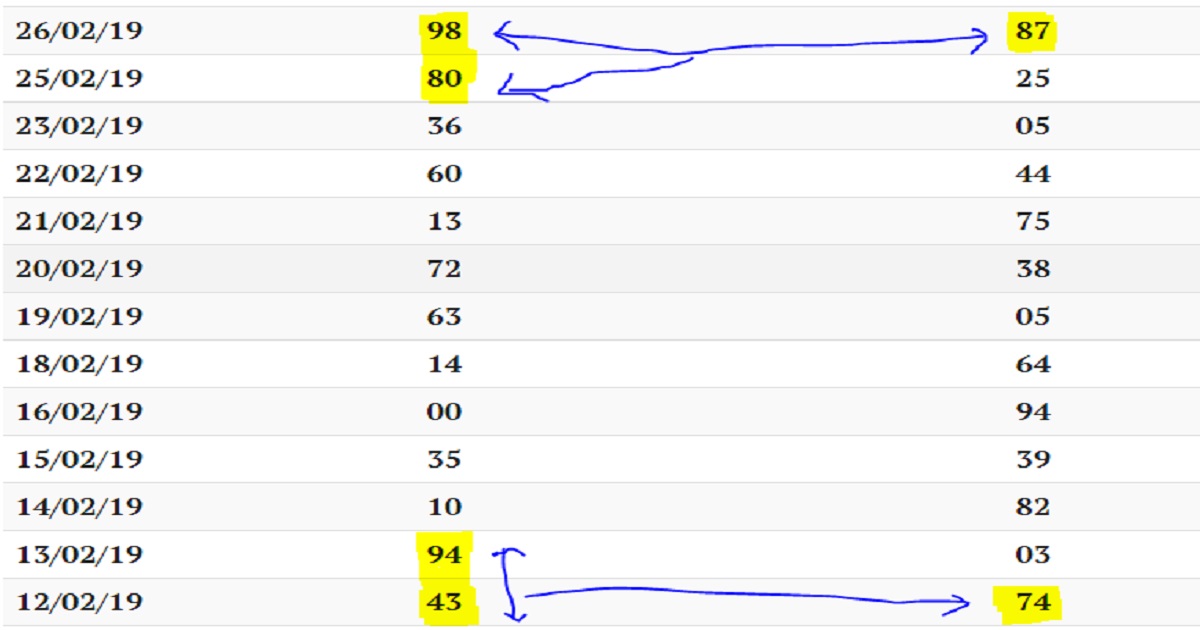Introduction
What are Tongue Tricks?
Tongue tricks are fun, engaging, and sometimes challenging movements or gestures performed using the tongue. These tricks can range from simple ones like rolling or folding the tongue to more complex maneuvers such as creating a cloverleaf shape.
Why Learn Tongue Tricks?
Learning tongue tricks isn’t just a way to entertain friends at parties. They can improve your oral dexterity, provide cognitive benefits, and even enhance your speech skills. Plus, they’re a fun challenge to take on!
History of Tongue Tricks
Origins of Tongue Tricks
Tongue tricks have likely been around as long as humans have had tongues. From ancient times, people have used their tongues for various forms of expression and entertainment.
Evolution Over Time
Over the centuries, tongue tricks have evolved from simple gestures to complex performances. Today, they are popular in various cultures worldwide, often shared on social media platforms.
Benefits of Tongue Tricks
Physical Benefits
Practicing tongue tricks can enhance the flexibility and strength of your tongue, which is beneficial for speech and eating.
Social Benefits
Being able to perform tongue tricks can be a great conversation starter and can make you the life of the party. It’s a fun way to break the ice and engage with others.
Cognitive Benefits
Learning new tongue tricks can boost your brainpower by improving coordination and motor skills. It’s a mental workout that keeps your brain sharp.
Popular Tongue Tricks
Rolling the Tongue
This is perhaps the most well-known tongue trick. It involves curling the sides of your tongue upwards into a tube shape.
Folding the Tongue
Folding the tongue involves bending it in half lengthwise, which can be a bit more challenging than rolling it.
Tongue Twisters
While not a physical trick, mastering tongue twisters can be considered a mental tongue trick. They challenge your ability to articulate quickly and clearly.
Tongue Clicking
This involves making a clicking sound with your tongue, often used in various cultures as a form of communication or expression.
How to Roll Your Tongue
Step-by-Step Guide
- Relax your tongue inside your mouth.
- Lift the sides of your tongue upward.
- Curl the sides inward to form a tube shape.
Common Mistakes
- Tensing your tongue too much.
- Not lifting the sides evenly.
How to Fold Your Tongue
Step-by-Step Guide
- Stick your tongue out slightly.
- Bend the tip of your tongue backwards.
- Fold the edges of your tongue towards the center.
Common Mistakes
- Overextending the tongue.
- Not keeping the tongue centered.
Mastering Tongue Twisters
Famous Tongue Twisters
- “She sells seashells by the seashore.”
- “How much wood would a woodchuck chuck if a woodchuck could chuck wood?”
Techniques to Improve
- Start slow and increase speed gradually.
- Practice articulating each word clearly.
Learning to Click Your Tongue
Step-by-Step Guide
- Place the tip of your tongue against the roof of your mouth.
- Create suction by pressing the tongue upwards.
- Release the suction to create a clicking sound.
Cultural Significance
In some cultures, tongue clicking is used as a form of communication, signaling agreement, disapproval, or calling attention.
Advanced Tongue Tricks
The Cloverleaf
This involves folding the tongue into three loops, resembling a cloverleaf. It requires significant control and flexibility.
The Tongue Wave
Creating a wave motion with your tongue involves moving it in a rolling motion from front to back.
Tongue Flips
Flipping your tongue from side to side rapidly is another advanced trick that showcases dexterity.
Practicing Tongue Tricks
Daily Practice Routines
- Set aside a few minutes each day to practice.
- Use a mirror to monitor your progress and ensure accuracy.
Tracking Your Progress
- Keep a journal of which tricks you’re working on and any improvements.
- Record videos to visually track changes over time.
The Science Behind Tongue Tricks
Genetics and Tongue Mobility
Genetics play a role in determining how flexible your tongue is. Some people are naturally more adept at certain tricks than others.
Neurological Aspects
Tongue movements are controlled by a complex network of muscles and nerves. Practicing tricks can enhance the neural connections involved in these movements.
Fun Facts About Tongue Tricks
World Records
Some people have taken tongue tricks to the extreme, setting world records for things like the most cloverleaf shapes made in a minute.
Celebrity Tongue Trick Performers
Celebrities like Miley Cyrus have popularized tongue tricks, making them trendy and fun.
Common Myths and Misconceptions
Myth: Everyone Can Roll Their Tongue
Not everyone has the genetic ability to roll their tongue, and that’s perfectly okay.
Myth: Tongue Tricks Are Useless
Tongue tricks are more than just party tricks; they can have practical benefits for speech and cognitive function.
Incorporating Tongue Tricks into Daily Life
Ice Breakers and Conversation Starters
Tongue tricks can be a fun way to break the ice in social situations, sparking conversations and laughter.
Enhancing Language Learning
Practicing tongue tricks can improve your pronunciation and articulation in language learning, making you a more fluent speaker.
Conclusion
Tongue tricks are a delightful blend of fun, challenge, and utility. From rolling and folding to clicking and twisting, each trick brings its own set of benefits and joys. Whether you’re looking to enhance your social skills, improve your speech, or simply enjoy a new hobby, tongue tricks offer something for everyone. So, why not give them a try and see what your tongue can do?
FAQs
Can everyone learn tongue tricks?
No, not everyone can learn every tongue trick due to genetic differences in tongue flexibility and muscle control.
Are tongue tricks genetic?
Yes, some tongue tricks, like rolling the tongue, are influenced by genetics.
How long does it take to learn a tongue trick?
It varies from person to person, but with regular practice, most people can learn basic tricks within a few weeks.
Are tongue tricks safe?
Yes, tongue tricks are generally safe. Just be gentle and avoid straining your tongue muscles.
Can tongue tricks improve speech skills?
Yes, practicing tongue tricks can enhance your articulation and pronunciation, benefiting your overall speech skills.



